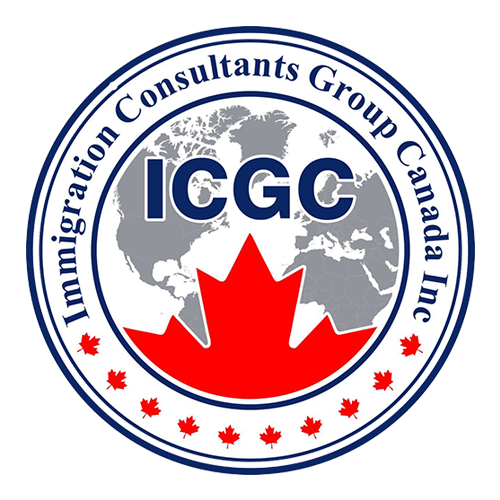Canada’s relationship with Indo-Pacific countries key to our immigration future
On November 27, Canada introduced the Indo-Pacific Strategy to advance the future of Canadian immigration through the Indo-Pacific region. Read on to find out what more IRCC had to say about this strategy on November 30.
On November 30, 2022, Immigration, Refugees and Citizenship Canada (IRCC) issued a press release reinforcing the value of the country’s relationships with nations in the Indo-Pacific region as it relates to the future of immigration in Canada.
A relationship that has been “forged through generations of deep … connections”, the Indo-Pacific region has also more recently become the primary birthplace of many Canadian immigrants.
Recent history of Canada’s relationship with the Indo-Pacific
In fact, according to data from Canada’s 2021 census, four of the seven top birth countries — India (1), the Philippines (2), China (3) and Pakistan (7) — of recent immigrants to Canada (between 2016 and 2021) are in this geographical area. What’s more, is that the top three birth countries of recent Canadian immigrants listed above accounted for nearly half (44%) of all admitted permanent residents in that five-year period.
Canada’s international student population is also heavily influenced by the Indo-Pacific region, as almost 65% of the country’s total international students are from this area of the world.
Enter: the Indo-Pacific Strategy
Accordingly, says IRCC, “as a major source of newcomers to Canada and the fastest growing economic region in the world, the Indo-Pacific will continue to play a vital role in Canada’s immigration strategy.”
Officially launched by Global Affairs Canada on November 27, the Indo-Pacific Strategy is set to pursue initiatives and investments of nearly $2.3 billion by 2027.
Canada’s plans with the Indo-Pacific Strategy
Immigration Minister Sean Fraser revealed, as part of the November 30 release, that “an investment of $74.6 million over 5 years, and $15.7 million ongoing” will strengthen already-ongoing efforts to improve Canada’s immigrant application processing capabilities both domestically and in Indo-Pacific countries.
As part of this statement, IRCC made specific mention of New Delhi, Chandigarh, Islamabad, and Manila — three cities, excluding Pakistan’s capital of Islamabad, located in the two countries (India and the Philippines) that were first and second respectively among reported birth nations of Canada’s recent immigrants.
More educational opportunities for international students
Part of the more direct investments that Canada will make to further fortify its relationship with Indo-Pacific countries is the introduction of Canada-ASEAN Scholarships and the Educational Exchanges for Development program.
This program will provide $14.2 million in funding across the next five years, designed to “encourage valuable exchanges and the sharing of expertise, and to introduce more education and research in shared areas of interest.”
This education-centric program supports international students for the “immense social and economic contributions” they have made to this country. “Funding received through the Indo-Pacific Strategy will help strengthen Canada’s International Student Program and promote greater diversity in the region among those looking to study” in Canada.
Canada intends to use this funding to help give international students more “access to permanent residence and job opportunities”, which the government hopes “could lead to [a greater desire to] stay in Canada.”
Therefore, IRCC says that the investments it makes into the Indo-Pacific strategy will attract an even greater number of international students, “who frequently become the highly skilled workers [that] Canada needs to meet the challenges [faced by] our economy.”
Looking ahead
IRCC makes it clear that the Canadian government acknowledges the “profound” and “significant” impact that the Indo-Pacific region and its various countries have had and will continue to have on the future of Canadian immigration
In the words of Foreign Affairs Minister Melanie Joly, “the future of the Indo-Pacific region is our future, and Canada has a role in shaping it. We are investing to promote peace and security throughout the region, create trade opportunities, connect people, strengthen international assistance, and protect human rights, answering the call for expanded and deeper engagement in this region.”
Time will tell how Canada strengthens its ties to the Indo-Pacific, but it is increasingly evident that the immigration department of this country’s government believes that “by investing in our immigration system and building a strong mutual partnership with the Indo-Pacific”, Canada is ready and committed to the long-term prosperity of both regions.
source: www.cicnews.com


